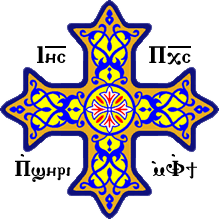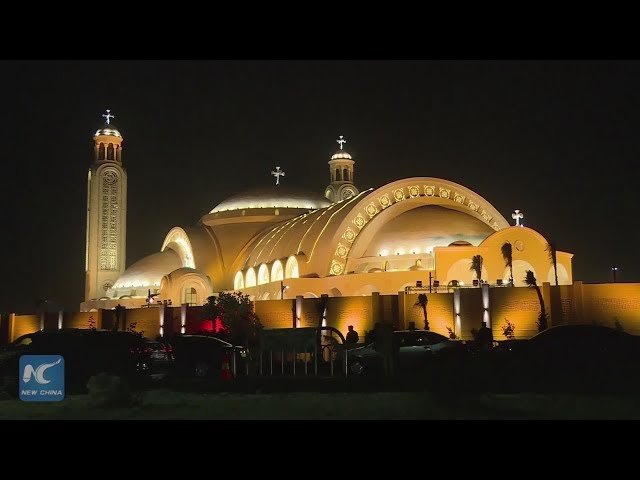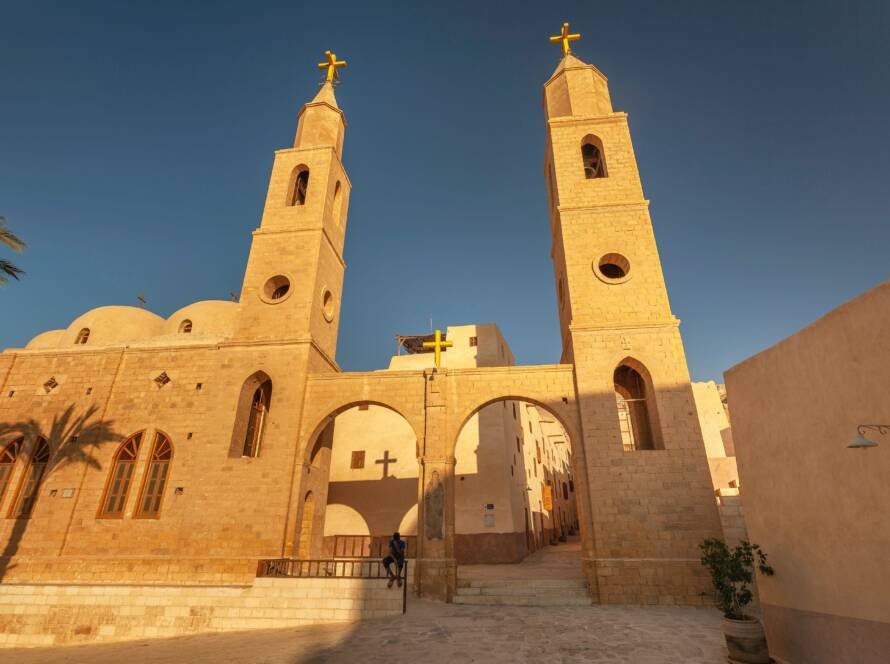God created man as a crown for creation. A human being distinct from all other beings, has a mind and is able to speak. When our parents Adam and Eve sinned, God expelled them from the Garden of Eden. And when the wickedness of man increased, God brought the flood and destroyed mankind, except for Noah, his wife, his children, and the wives of his sons (Genesis 6, 7, 8). And after the Flood, the whole earth was of one tongue and one language. Then man proceeded to build the Tower of Babel, so God punished them with the confusion of tongues (Genesis 11: 1-9).
Hence, languages arose and multiplied, each language with its own vocabulary and varying dialects.
Our ancient Egyptian ancestors had a scientific precedece in codifying their language with pictorial inscription and syllables about seven thousand years ago. The ancient Egyptian language is characterized as the first language with an alphabet in its hieroglyphic form around the thirtieth century BC. Most of the other civilizations took from it, where they have alphabets that are very similar to the hieroglyphic alphabet in form and pronunciation, but also in relation to grammar and linguistic structures.
The hieroglyphics evolved in a simplified form into hieratic font, that the priests (scientists) used, and then to demotic font, that the common people used in their daily life around seventh century BC. Then to the modern Coptic language.
The Bible was translated into the Coptic language around 181 AD by the scholar Bentinos, the director of the School of Alexandria, with some of his students. Church prayers and praises were written in the Coptic language. We have papyri in monasteries, churches and museums in Egypt and all over the world, that require further study and investigation.
We infer from the biographies of saints, such as Anthony and Pachomius, the spread of the Coptic translation of the Bible. Saint Anthony, who did not know Greek, must’ve heard the Gospel in the Liturgy in Coptic when he heard the verse: “If you want to be perfect, go, sell what you have and give to the poor, and you will have treasure in heaven; and come, follow Me.” Likewise, in the canons of St. Pachomius, which he wrote around the year 321 AD, he recommends his disciples, monks, to read the Bible in the Coptic language.
And when the church found that the Coptic language was less used among the people, the church legalized the Bohairic dialect as the official language of the church starting from the reign of Pope Christodoulos the 66 in the eleventh century AD. And the church continued to maintain this dialect until now. In that era, the writing of grammar books and dictionaries was introduced.
The historian al-Maqrizi says in the fifteenth century AD that the Copts of Egypt only spoke Coptic and had a great knowledge of the Greek language.During the reign of Pope Cyril IV, the father of reform, in the nineteenth century AD, the Church was interested in reviving a broad educational renaissance. Pope Cyril IV established Coptic schools, opened the way for girls’ education, and brought the first modern printing press to print church books and school curriculums. Pope Kyrillos IV supervised the teaching of the Coptic language himself. Then he entrusted the task of supervision to the hegumen Takla, and then to others. Mualim (Teacher) Erian Effendi Moftah was considered the first scholar to advance the Coptic language and to restore its original pronunciation. Erian Effendi is related to Dr. Ragheb Moftah who recorded church hymns and melodies (in the voice of the lead deacon Michael Gerges Al-Batanoni) with the first recording device in Egypt after the radio device. We thank God that these recordings are preserved in the Department of Music and Melodies at the Institute of Coptic Studies in Cairo as the first audio documentation of the Coptic language in general and the ecclesiastical pronunciation.
Then H.H. Pope Shenouda III adopted a development project for the old recordings with the help of Prof. Dr. Michel Badi Abdel Malik, who succeeded Prof. Dr. Ragheb Moftah, as the head of Music and Melodies department, by converting these old recordings onto modern digital files with the help of a specialized team from a German university.
His Holiness also taught the Coptic language himself to the congregation for a whole year (in 1975 AD), and it was published in El-Keraza magazine weekly.
H.E. Metropolitan Demetrius
Metropolitan of Melawi, Ansina & Ashmonin
& Coptic Language Department Head
at the Institute of Coptic Studies


